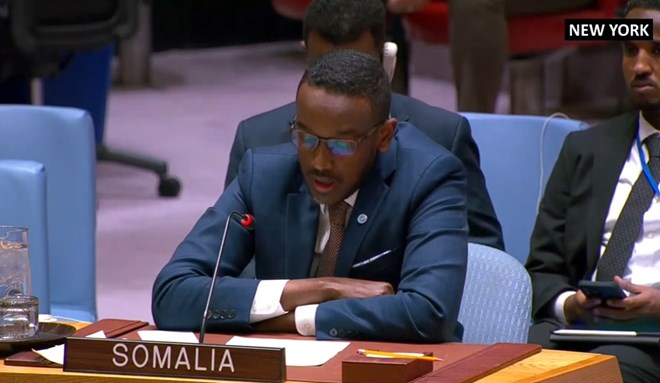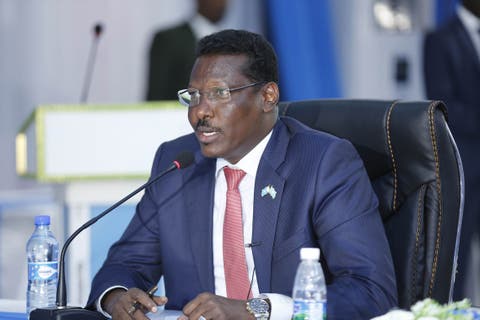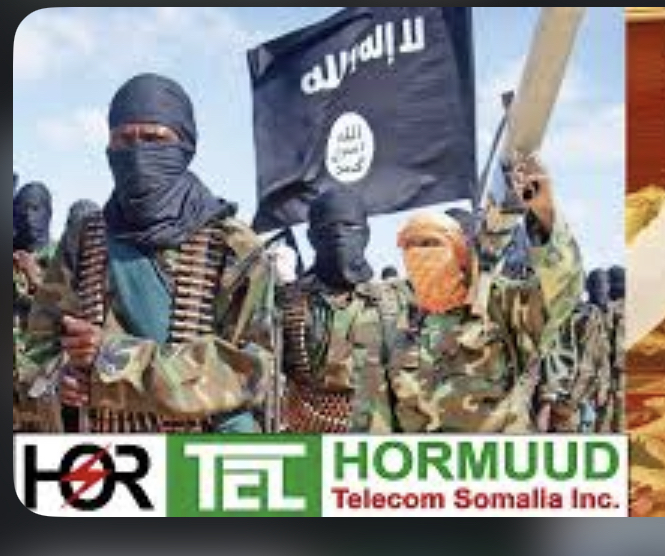The United Nations Security Council has approved the African Union Support and Stabilization Mission in Somalia (AUSSOM), marking a shift in Somalia’s security landscape as the country takes greater control over its stability. Resolution 2767 (2024), adopted with 14 votes in favour and one abstention by the United States, replaces the African Union Transition Mission in Somalia (ATMIS). This new mission is set to begin in January 2025, with operations concluding by June 2025…
AUSSOM will deploy up to 12,626 personnel, including 1,040 police officers, under a 12-month mandate to assist Somalia’s security forces in countering Al-Shabaab and other terrorist threats. The Somali government emphasized that its bilateral agreements have secured 11,000 troops for AUSSOM, addressing concerns over potential security gaps.
Somalia’s Deputy UN Envoy, Mohamed Yusuf, welcomed the resolution, calling it a “significant step” and highlighting the hybrid funding model’s role in ensuring predictable and sustainable financial support. The model allocates 75 percent of the budget to UN-assessed contributions, with the remaining 25 percent sourced from the African Union and other partners. However, this model’s implementation depends on a strategic review by the UN Secretary-General in May 2025.
Somalia National Security Adviser said Somalia is actively engaging with the AU and potential TCCs for AUSSOM. The mandate of AUSSOM allows FGS to determine TCC participation. A decision will be announced soon, aligning with our national priorities. The spirit of the Ankara Declaration remains strong and alive.
Ethiopia voiced deep concerns at the United Nations Security Council about the escalating threat posed by Al-Shabaab and its alleged growing alliances with global terrorist networks like ISIS. Ethiopia emphasized that the mission’s success hinges on enabling Somalia’s security forces to assume full responsibility, alongside achieving national consensus and a unified regional front against terrorism. Stressing its long-standing contributions to Somalia’s stabilization, Ethiopia reaffirmed its commitment to counterterrorism efforts and called for sustained international and regional collaboration. However, it cautioned against interference by external actors pursuing destabilizing agendas, urging a focus on collective peace and prosperity in the Horn of Africa.
Somalia, in response, pointed to its comprehensive review of security arrangements after 11 months of “documented actions” from Ethiopia, a reference to several incidents and disputes that have strained relations between the two countries. These actions include allegations of arms smuggling into Somalia, which Somali officials claimed were fueling clan conflicts and undermining the country’s sovereignty. Multiple reports indicated Ethiopia’s involvement in illicit arms shipments to Puntland and other regions, prompting Somalia to raise formal concerns at international forums.




